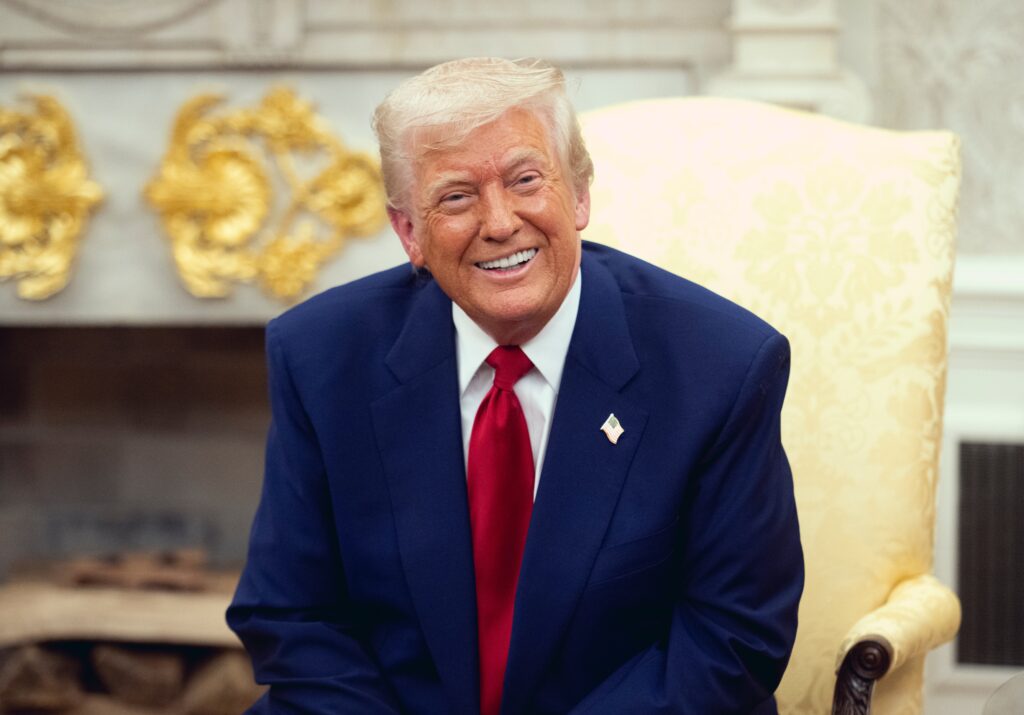Donald Trump has asked the US Supreme Court to step in and defend his tariff policy. He seeks to overturn a ruling that struck down his sweeping import duties as unlawful.
Contest over presidential power
The administration filed its petition on Wednesday night. It urges the court to rule quickly on whether a president can impose tariffs without Congress. Last week, the Federal Circuit Court of Appeals ruled 7-4 against Trump. Judges insisted that tariff-setting authority belongs to Congress alone.
Billions on the line
The case threatens Trump’s trade and foreign policy ambitions. It could also force the US to repay billions in tariff revenues. Trump invoked the International Emergency Economic Powers Act to justify his actions. The law allows presidential measures against “unusual and extraordinary” threats. In April, he declared an economic emergency, arguing trade imbalances harmed US industry and endangered national security.
Appeals court ruling on hold
Although the appeals court sided against Trump, it delayed enforcement of the ruling. That pause gave the administration time to appeal. “The stakes in this case could not be higher,” Solicitor General John Sauer wrote in Wednesday’s filing. He said the decision disrupted vital trade negotiations and spread legal uncertainty. He warned it undermined efforts to prevent a looming economic and foreign policy crisis.
Small businesses at the forefront
The plaintiffs include small businesses that say the tariffs endanger their survival. Their lawyers expressed confidence in winning. “These unlawful duties are devastating small companies,” said Jeffrey Schwab of the Liberty Justice Center. “We expect a quick resolution for our clients.” If the Supreme Court declines to take the case, the ruling becomes effective on October 14.
Previous defeats in court
In May, the Court of International Trade in New York also ruled the tariffs unlawful. That judgment was suspended during appeals. The lawsuits were brought by small businesses and a coalition of states. In April, Trump had signed executive orders creating a 10 percent base tariff and “reciprocal” tariffs on more than 90 countries.
International implications
The appeals court also struck down tariffs on Canada, Mexico, and China. Trump argued they were necessary to fight drug imports. Other duties, including those on steel and aluminum, remain in place. They rely on a different presidential authority.

